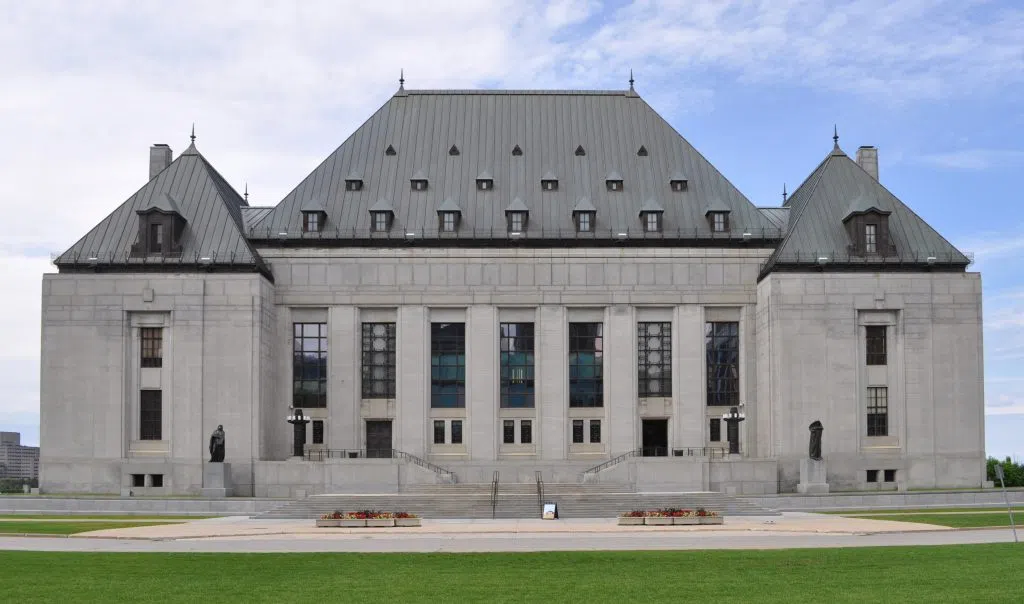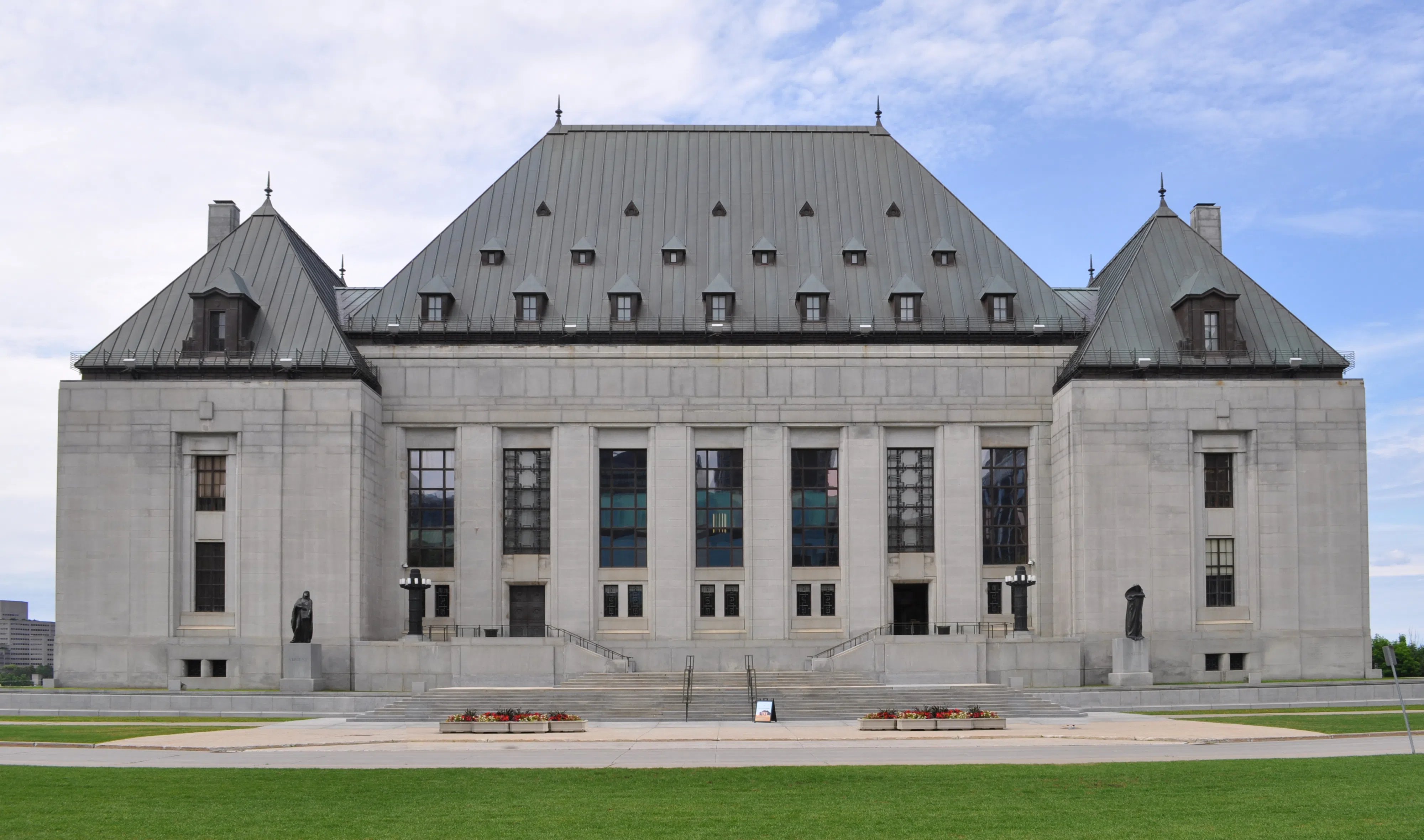
Bill C-69, referred to as The Impact Assessment and Canadian Energy Regulator Act, has been deemed unconstitutional by the Supreme Court of Canada.
The law, which was enacted in 2019, granted Ottawa the authority to regulate energy and mining projects based on their potential impact on climate change, Indigenous communities, and wildlife.
In a 7-2 decision, the Supreme Court ruled that the law violated the Constitution by encroaching on provincial jurisdiction, as guaranteed by the Constitution.
“We are very pleased with the Supreme Court’s decision confirming the unconstitutionality of the federal government’s destructive Bill C-69 legislation,” said a statement from Premier Danielle Smith.
“The decision is also a massive win for the protection of sovereign provincial rights under the Constitution.”
Smith says that during the four years in which the law was in effect, tens of billions of dollars of investment and thousands of jobs left the provinces.
The law was first challenged by the province, and the Alberta Court of Appeal ruled the law was unconstitutional in a 4-1 verdict last year. The federal government quickly appealed the ruling to Canada’s highest court.
The impact of the Supreme Court’s ruling continues to reverberate across the country.
Fort McMurray-Cold Lake Member of Parliament, Laila Goodridge hailed the ruling as vindication, noting the Conservative Party of Canada has warned the federal government that Bill C-69 was unconstitutional.
“They didn’t listen to the Conservatives,” said Goodridge.
“They didn’t care that nine provinces and all three territories demanded amendments to Bill C-69.”
Goodridge says Prime Minister Trudeau and Environment Minister, Steven Guilbeault seek to phase out Canada’s natural resource industry, calling Guilbeault an eco-activist.
“After eight years of Trudeau’s anti-pipeline, anti-energy policies, hundreds of billions of dollars in projects have fled Canada.”
Goodridge says a common-sense Conservative government will bring back the lost investment and remove government gatekeepers, allowing new projects to be built.
The reaction of the federal government was tempered.
Minister Guilbeault says he accepts the Supreme Court ruling but intends to redraft and reintroduce similar legislation in the near future.








